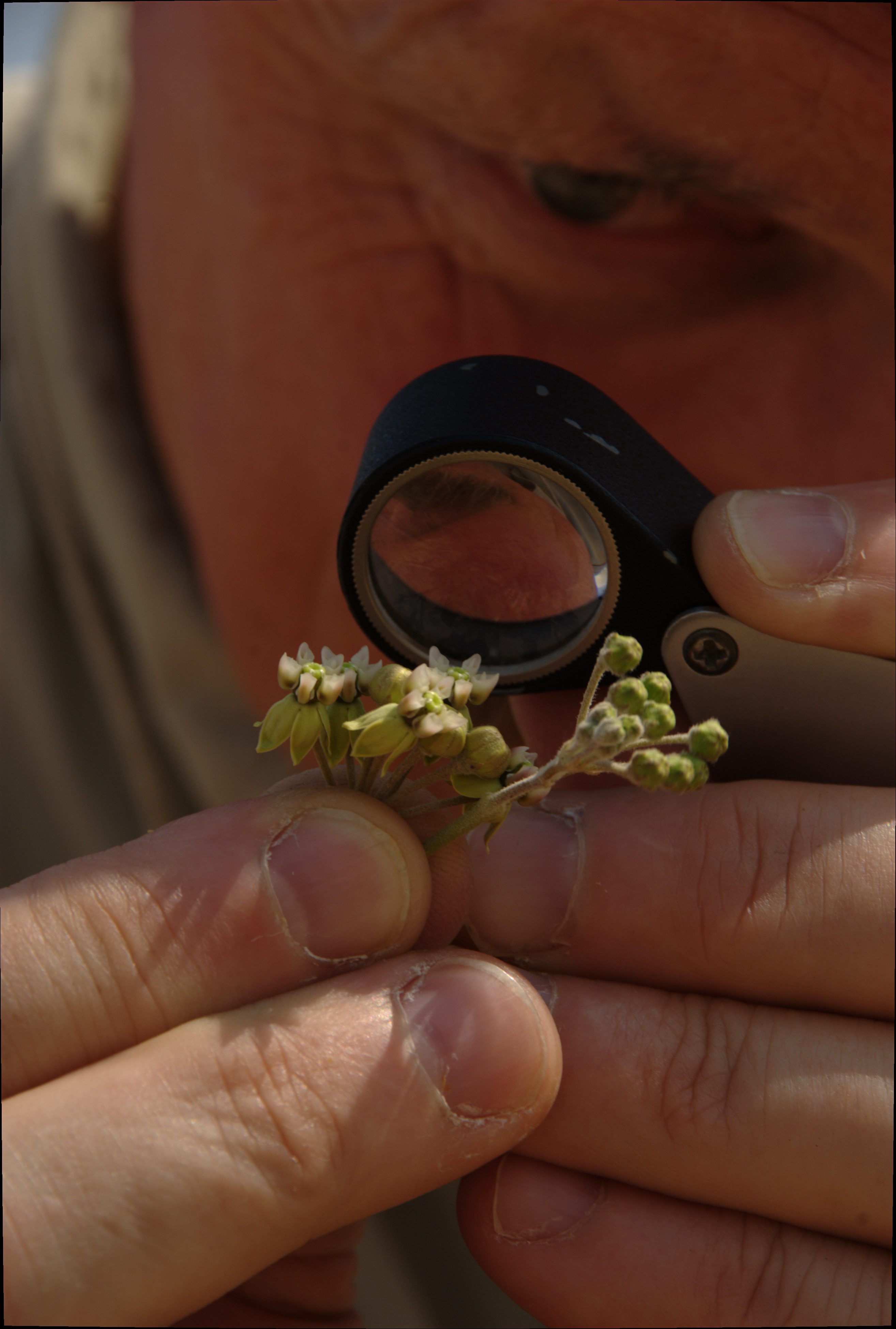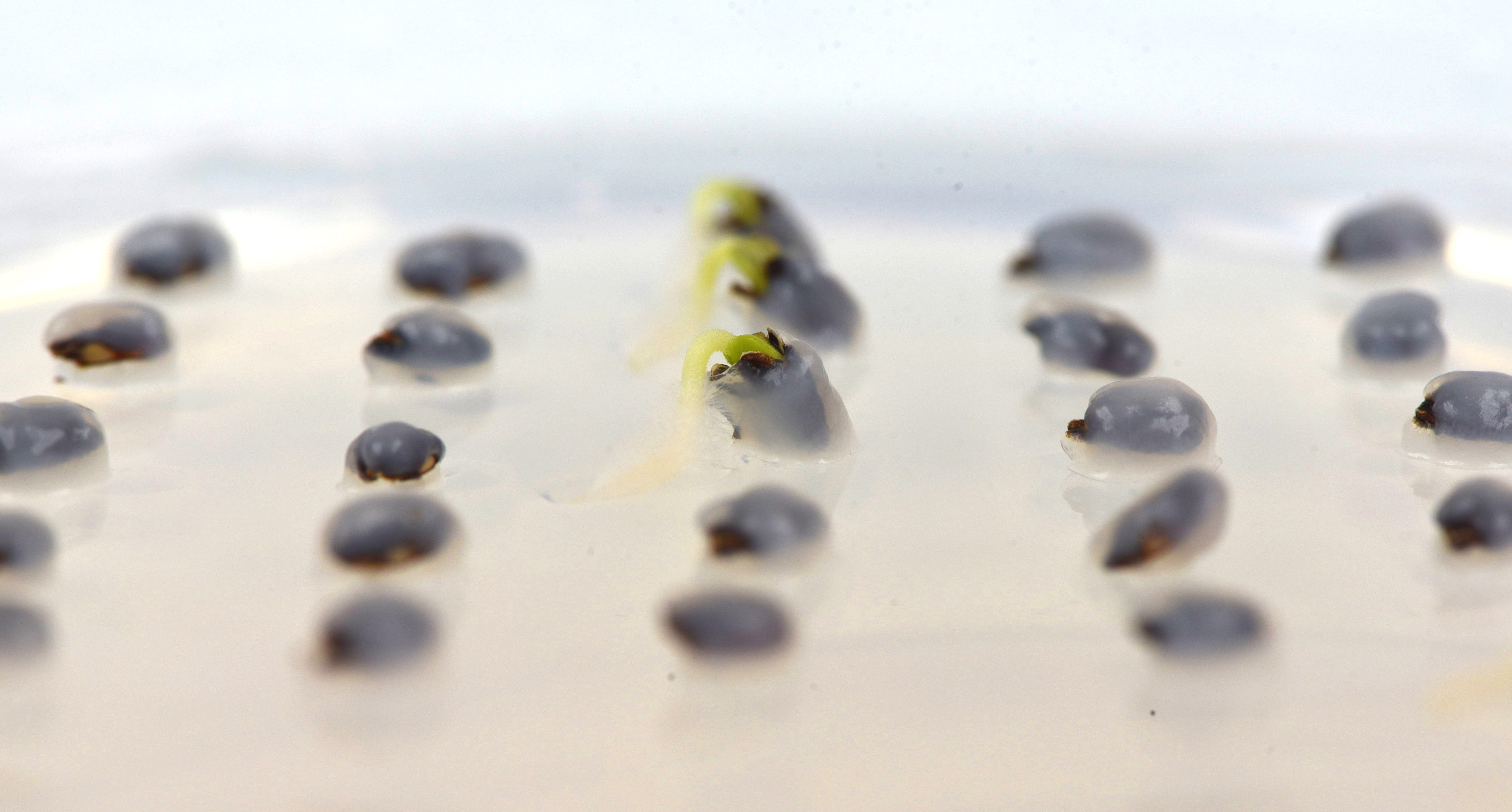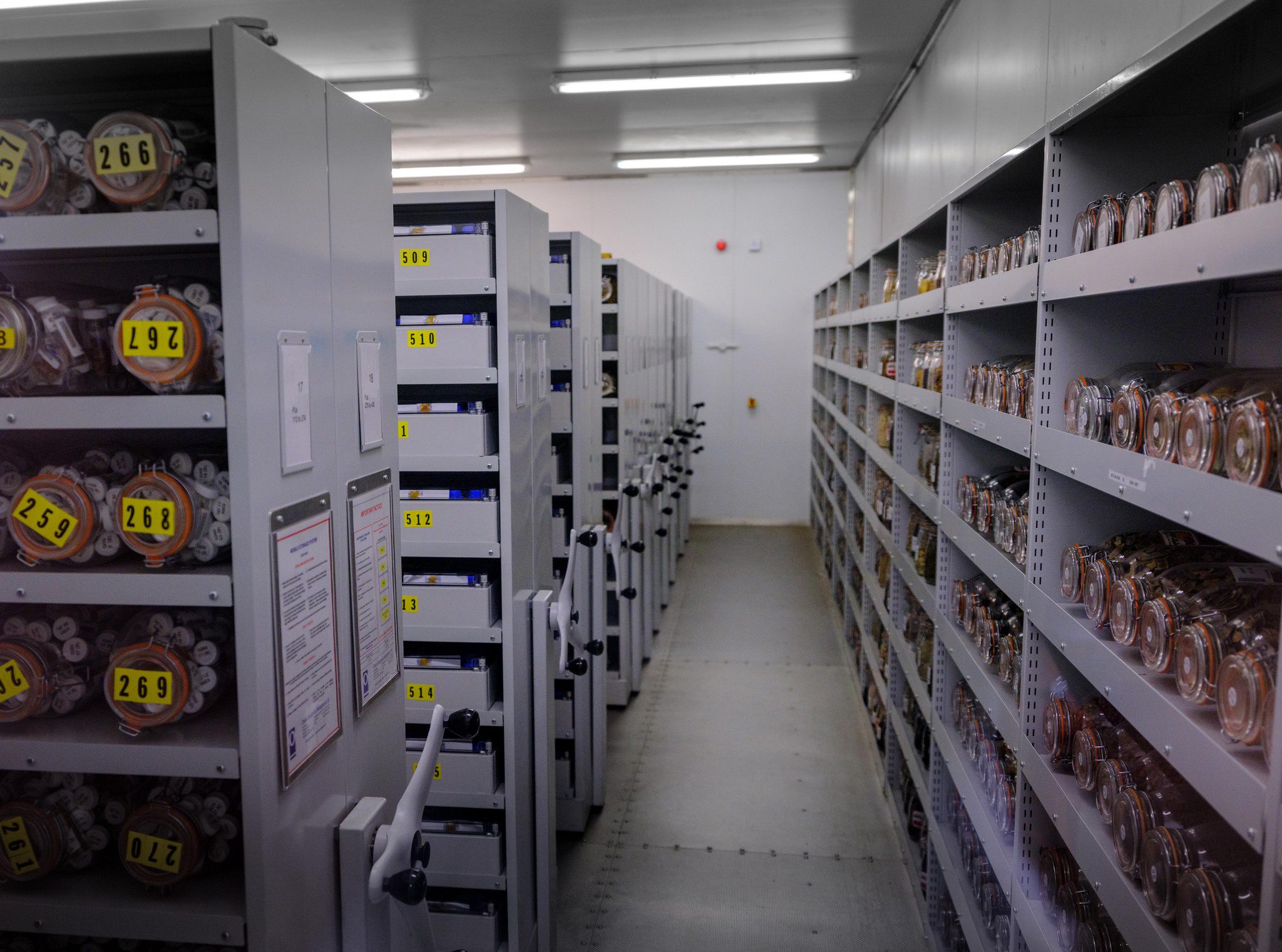Safe from extinction, 40,020 different plant species are now housed inside Kew’s Millennium Seed Bank (MSB) in Wakehurst, Sussex, UK. As of March 1, the MSB has banked more than 2.4 billion individual seeds.
This vitally important conservation project holds the Guinness World Record for the world’s largest seed bank and contains seeds from 190 countries and territories, representing all seven continents.
“The importance of the Millennium Seed Bank cannot be overstated. All life depends on plants, yet two in five face extinction. The Millennium Seed Bank has been helping protect plant diversity for over 20 years, keeping it safe for future generations while increasing knowledge of and action for plants today.” Said Dr Elinor Breman, Senior Research Leader at the Millennium Seed Bank in a statement sent to IFLScience.
This milestone marks an important achievement in the fight against climate change and rapid biodiversity loss that threatens two in five plant species.
Within the MSB’s impressive collection are seeds from plants that are critically endangered or that have unfortunately already gone extinct in the wild, such as the yellow fatu flower (Abutilon pitcairnense) and the world’s smallest waterlily (Nymphea thermarum). With so many plant species under threat, you may wonder how the team decides which species of flora get priority within the seed bank.

Seeds of Tripteris microcarpa are examined carefully. Image Credit: Andrew Mcrobb RBG Kew
“We work with our partners to prioritize important species for them. In general this tends to be those that are threatened, rare or useful. We have managed global programmes focusing on the wild relatives of our crops, threatened trees and plants at risk in biodiversity hotspots.” Continued Dr Breman.
Once a new seed arrives at the MSB, the team gets to work drying the samples, cleaning them carefully and checking for pests. A seed’s lifespan can be doubled for every one percent reduction in its moisture content, so this drying process is incredibly useful for researchers.
Every ten years, the seeds are withdrawn from the vault to test their germination abilities and make sure they are still able to become plants in the future. Not all the seeds stay within the bank, however, as the MSB has a list of users that can request seeds for different uses.

Petri dish with Hyptis suaveolens germination. Image Credit: Pablo Gómez Barreiro © Board of Trustees, RBG Kew
“We also have a seed list where bona fide users can request seeds from our collections – this may be for research, education, display, conservation or restoration. All our collections are accessed under the terms of the Nagoya Protocol,” said Dr Brenman.
Even with this important milestone achieved, the team at the world’s biggest ex-situ conservation project won’t be resting on their laurels – with over 40,000 seeds to look after, there is always work to do, and the project keeps growing.
“The future for the Millennium Seed Bank looks busy – there is so much to do! We will, of course, keep making new collections. We will also increase the use of the collections and the knowledge generated through them to help with conservation, restoration and responses to global challenges such as food security, climate change and biodiversity loss,” added Dr Breman.

Inside the vault the seeds are carefully monitored. Image Credit: Jim Holden RBG Kew
Now more than ever, projects like this one provide a vital resource in the protection of the world’s plant species from the effects of climate change and habitat loss. The team plan to focus on securing high levels of genetic diversity within their collections. This helps to ensure viable seeds for food-producing plants, wildflowers, trees, and medical plants are all safeguarded for the future.
Naturalist Sir David Attenborough dubbed the MSB “an insurance policy against the ultimate apocalypse” and a resource for saving plants “teetering on the edge of extinction” in his Sky Atlantic documentary series Kingdom of Plants.
Source Link: Kew's “Noah's Ark” Seed Vault Hits 40,000 Species From Around The World